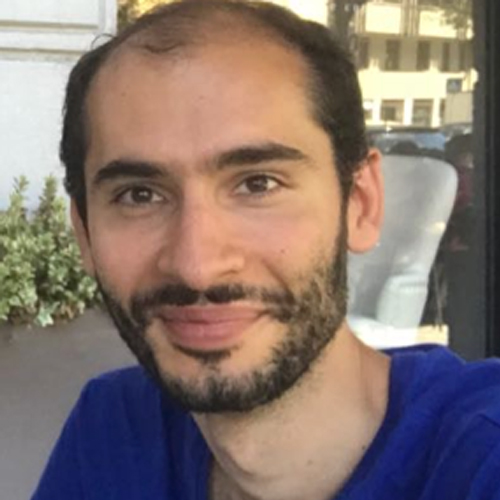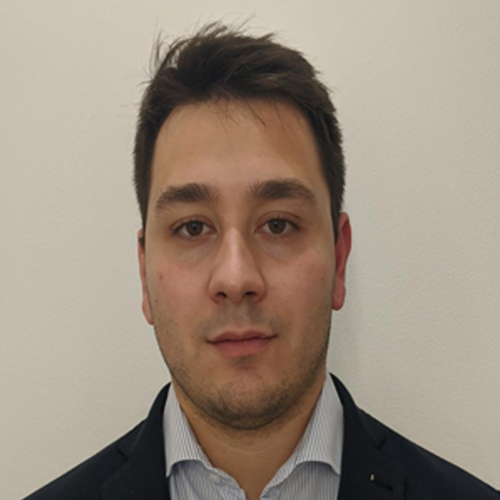
Gianluigi Pillonetto
Gianluigi Pillonetto, PhD received the Laurea degree in Computer Science Engineering cum laude from the University of Padova, Italy, in 1998. He obtained his Ph.D. degree in Biomedical Engineering from the Polytechnic of Milan, Italy, in 2002. He is currently Associate Professor of Automatic Control and System Identification at the Department of Information Engineering of University of Padova.
He is a world leading researcher in dynamic system identification, a fundamental subfield of Automatic Control. He has published 101 referred conference papers and 72 papers in the most important peer-reviewed international journals of Control Systems and Bioengineering. Among others, 33 papers are published in Automatica and 6 in IEEE Transactions of Automatic Control, two of the most prestigious Automatic Control Journals. He also serves as an Associate Editor for Automatica and IEEE Transactions of Automatic Control. He formulated new techniques based on stochastic regularization that outperform the classical techniques. To date Scopus reports 2660 citations, with an h-index of 25. His work has had a great influence in the System Identification community and, for his achievements, he has received the 2017 Automatica Prize, an award assigned every three years for outstanding contributions to the theory and/or practice of control engineering/science, documented in a paper published in the IFAC Journal Automatica. He also obtained in 2003 the National Bioengineering Group “Paolo Durst 2003 award” for the best Italian Ph.D. thesis in Bioengineering He is 2018 Plenary Speaker at the IFAC Symposium on System Identification, the most important conference in the System Identification field. He is an IEEE Fellow since 2020 for contributions to System Identification.






